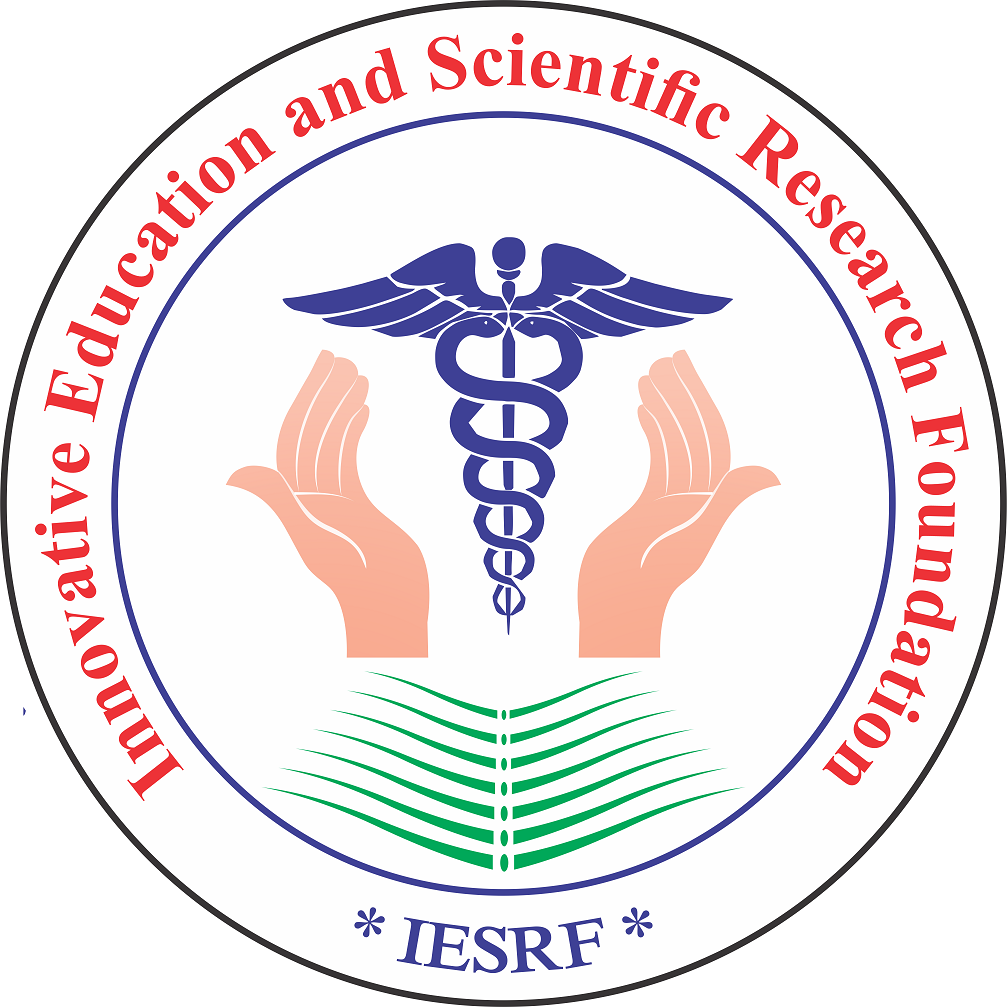The widespread use of herbal remedies worldwide, frequently in combination with traditional pharmaceuticals, raises questions regarding possible drug-herb interactions. These interactions can result in changed pharmacological efficacy, increased toxicity, or negative effects when the active ingredients in herbs modify the pharmacokinetics or pharmacodynamics of prescription medications. Modification of enzyme that metabolize drug (such as cytochrome P450 enzymes) and transporter of drug For example P-glycoprotein) are common mechanisms of herbal-drug interactions. These processes can either improve or hinder the ADME (absorption, distribution, metabolism, or excretion) of pharmaceuticals. It has been demonstrated that common herbal remedies used for treatments such as, ginkgo biloba, ginseng, garlic, and St. John's Wort interact with a variety of prescription drugs, such as immunosuppressants, anticoagulants, antidepressants, and antiretrovirals. Certain interactions may decrease the therapeutic efficacy of medications, which poses concerns, particularly in populations with chronic disorders like diabetes or cardiovascular diseases, while other interactions may result in significant clinical effects. In order to improve patient safety, the abstract highlights important case studies, investigates the pharmacological underpinnings of herbal drug interactions, and stresses the significance of incorporating knowledge regarding herbal use into clinical practice. In the expanding field of complementary and integrative medicine, reducing dangers and maximizing therapeutic results require greater knowledge, patient education, and systematic research on herbal supplements and how they interact with medications.
Keywords: Herbal Medicines, Drug Interactions, Healthcare
